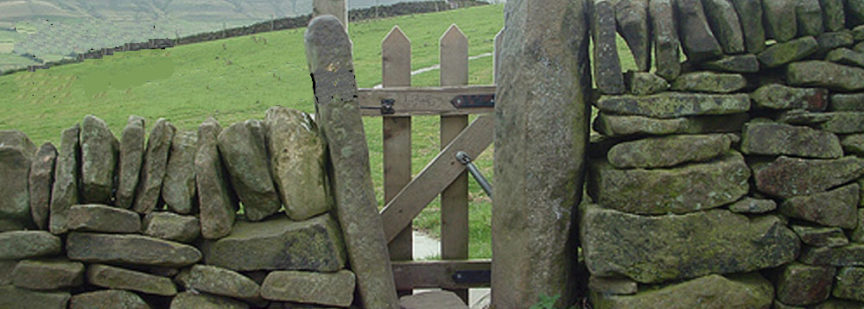“You can enter God’s Kingdom only through the narrow gate. The highway to hell[a] is broad, and its gate is wide for the many who choose that way. But the gateway to life is very narrow and the road is difficult, and only a few ever find it.
Matthew 7:13-14, NLT
You could call this text part of the conclusion of Jesus’ sermon. Wrapping it up. Asking his audience to decide what they will do with what he’s just told them. This section asks “will it be this or that?” “The way of the crowd or the courageous truth seeker, not afraid of a challenge?”
Jesus’ exhortation about the gates is not unlike Joshua’s challenge to the children of Israel. “Now if you are unwilling to serve the Lord, choose this day whom you will serve….” Joshua 2:15.
Later in Jesus’ ministry he reiterated the sentiment of the two ways analogy. Jesus asked a would-be follower if he was up to the challenge. “Foxes have holes but the son of man has no place to lay his head.” He told his disciples that in order to follow him they must be willing to take up their cross. “You can’t serve God and mammon.”
In the Sermon on the Mount, Jesus presented a radical new way of living. This way was marked by the greater righteousness it seeks. Not a legalistic, do-the-minimum approach that the religious law-keepers advocated.
The new way that Jesus brought could be boiled down to two commands, love God and love your fellow man. Jesus said this in a conversation with religious leaders in Matthew 22:34-40. Without actually mentioning the two greatest commands, the Sermon on the Mount, nevertheless, explains the full extent of this law. If you keep these two laws, you will bless those who curse you, pray for your enemies, abstain from fleshly cravings, turn your other cheek to the smiter, be humble, and keep your promises.
Jesus’ way is the “narrow gate,” so called because of how few people either choose it or even realize it exists. The way of Jesus goes against human inclinations. The Didache (an ancient summary of Christian belief, dated in the first or second century AD), describes the wide gate that leads to destruction in this way: evil, full of murderers, adulterers, the lustful, thieves, idolaters, liars, proud, greedy, and so forth.
The wide gate is selected by a majority of people because of what they prefer. The wide gate is easier to travel and more visible because of the number of people selecting it. C.S. Lewis wrote that if we turn our attention to the road and gate alone, we will miss Jesus who is the embodiment of the Way.
The narrow way can be selected by anyone. But they must first decide what they want and, therefore, which way leads to that outcome.
Prayer: O Christ of the Way. You invited us to follow you, and we want to do that. However, it is so frightening to think about where such discipleship will lead us. You said it will lead to a cross. So we pray for you to make us stronger in faith and determined to follow you no matter where it leads. In Jesus’ name. Amen.

